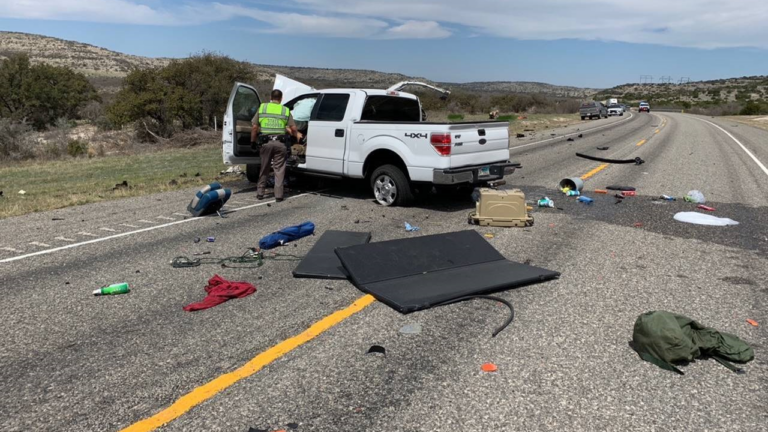Texas Law Requires Drunk Drivers Who Kill Parents to Pay Child Support
In a significant development, a new Texas law now holds drunken drivers accountable for providing child support if they cause the death of a child’s parent or guardian in a crash. The legislation, officially known as Texas House Bill 393 or Bentley’s Law, took effect on Friday after being signed by Texas Governor Greg Abbott.
Governor Abbott shared his thoughts on the matter, stating, “Losing a parent is always tragic, but it’s especially devastating when it happens due to the actions of a drunk driver.” He expressed his pride in signing HB 393 into law, emphasizing the importance of holding offenders responsible for supporting the children left behind.
As outlined by the law, individuals found guilty of intoxicated manslaughter will be responsible for child support until the child reaches either 18 years of age or completes their high school education.
The law specifies that the court will determine a monthly payment amount for supporting the child until they come of age or finish high school. This payment is influenced by various factors, such as the child’s educational and medical needs, along with reasonable childcare expenses. The child’s accustomed standard of living is also taken into account.
In cases where individuals are unable to make payments due to incarceration, they might be eligible for a structured payment plan. The law stipulates that the defendant must start making payments within a year of their release from confinement. Additionally, any outstanding payments must be settled, regardless of whether the scheduled payments were due during the defendant’s time in a correctional facility.
Despite attempts to contact Governor Abbott for a statement, Fox News Digital has not yet received a response.
This legislation, designed to ensure financial support for children affected by drunk driving tragedies, represents a significant step forward in promoting accountability and care for the families left behind.

